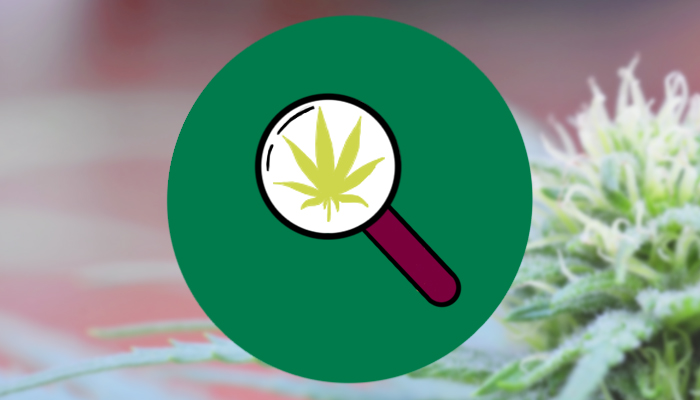Are there therapeutic benefits of cannabinoid products in adult mental illness?

Why was this study conducted? What does this study add? Is there anything else I should know? Tibbo PG, McKee KA, Meyer JH, Crocker CE, Aitchison KJ, Lam RW, Crockford DN. Position Statement of the Canadian Psychiatric Association: Are there therapeutic benefits of cannabinoid products in adult mental illness? Can J Psychiatry 2020
Tibbo PG, McKee KA, Meyer JH, Crocker CE, Aitchison KJ, Lam RW, Crockford DN. Position Statement of the Canadian Psychiatric Association: Are there therapeutic benefits of cannabinoid products in adult mental illness? Can J Psychiatry 2020; 706743720945525. doi: 10.1177/0706743720945525. (full article)
Black N, Stockings E, Campbell G, Tran LT, Zagic D,Hall WD, Farrell M, Degenhardt L. Cannabinoids for the treatment of mental disorders and symptoms of mental disorders: A systematic review and meta-analysis. Lancet Psychiatry 2019;6(12):995-1010. (access to article) Erratum
Correspondence and author’s reply for Black et al. article: Mauer S. Lancet Psychiatry 2020;7(2):125. (full text); Crippa JA, de Lima Osorio F, Hallak J, Guimaraes FS, Zuardi AW. Lancet Psychiatry 2020;7(2):125-126 (full text); Feingold D, Lev-Ran S. Lancet Psychiatry 2020;7(2):126-127 (full text)
Why was this study conducted?
Psychiatrists and other mental health professionals are frequently asked about the efficacy and safety of cannabinoid products in the treatment or management of a variety of mental illnesses, such as depression, anxiety, post-traumatic stress disorder (PTSD), and others. To assist these professionals, in May, 2020, the Canadian Psychiatric Association’s (CPA’s) Research Committee released a position statement based on its review of 29 randomized controlled trials (RCTs) of a variety of naturally-derived and synthetic tetrahydrocannabinoid (THC) and other cannabidiol products (e.g., cannabidiol or CBD).
What does this study add?
The CPA review concluded there was insufficient evidence to support cannabis and cannabinoid products for the treatment or management of mental illness and recommended mental healthcare professionals should be cautious in counselling patients about cannabinoid use.
Five months after the release of the CPA Position Statement, an Australian group published its systematic review and meta-analysis of the use of cannabinoids for the treatment of mental disorders and their symptoms (Black et al; see above). This review included 83 studies, of which 40 were RCTs. The authors concluded there was low-quality evidence that pharmaceutical THC (with or without CBD) improved anxiety symptoms among subjects with other medical conditions (primarily chronic non-cancer pain and multiple sclerosis). However, overall there was little or no evidence that cannabinoids improved depressive disorders and symptoms, primary anxiety disorders, attention-deficit hyperactivity, Tic/Tourette syndrome, PTSD, or psychosis. In short, this review largely supported the conservative recommendations in the CPA Position Statement.
Is there anything else I should know?
Conclusions from literature reviews are limited by both the quantity and quality of studies available. Both reviews state current research on cannabinoids for the treatment of mental disorders consists largely of small studies (many of which are of poor quality), utilizing different types and doses of cannabinoid products among subjects who are frequently recreational, rather than medicinal, users. More and better research is required to provide more definitive evidence for clinical decision-making.
Archive